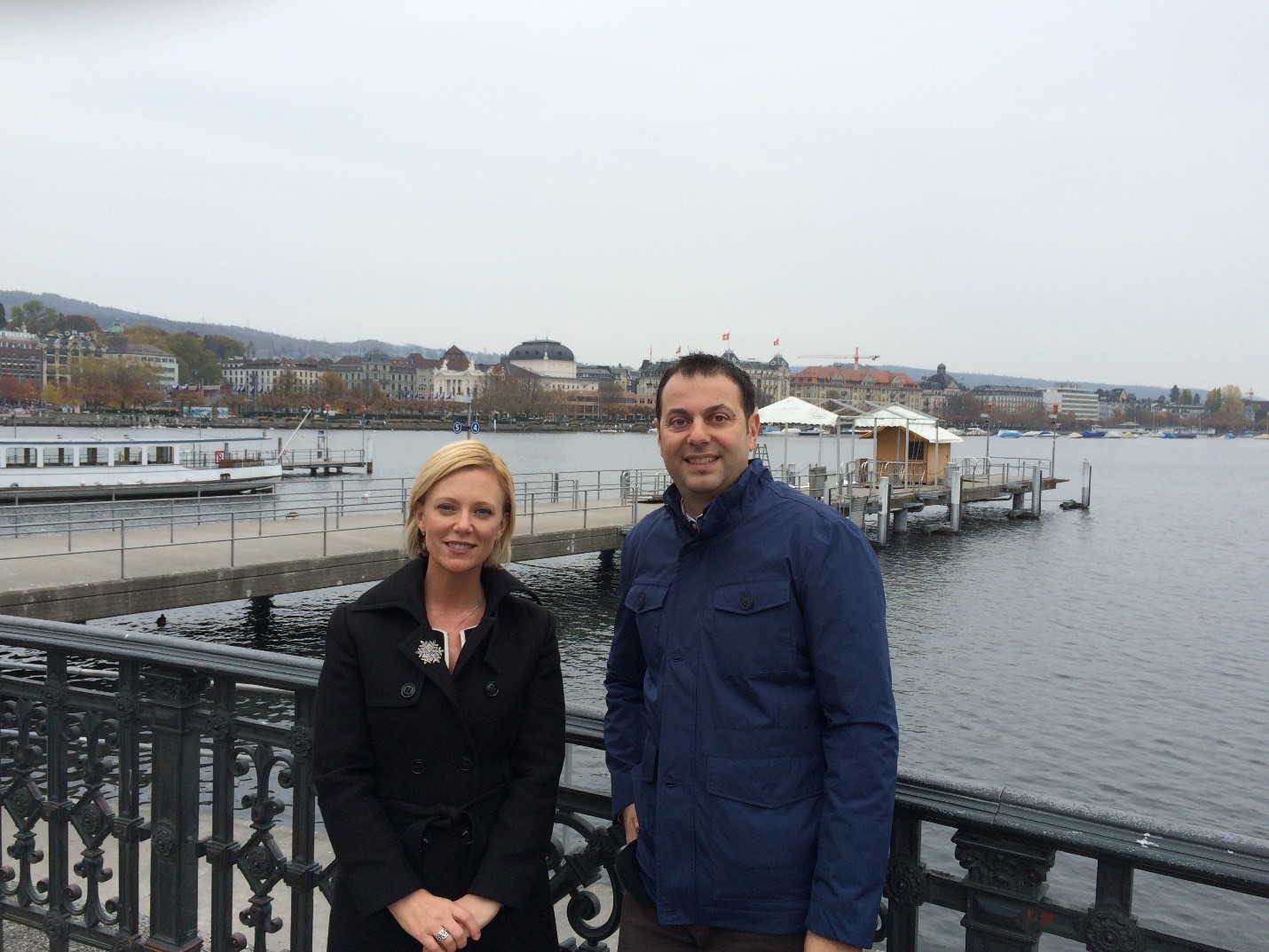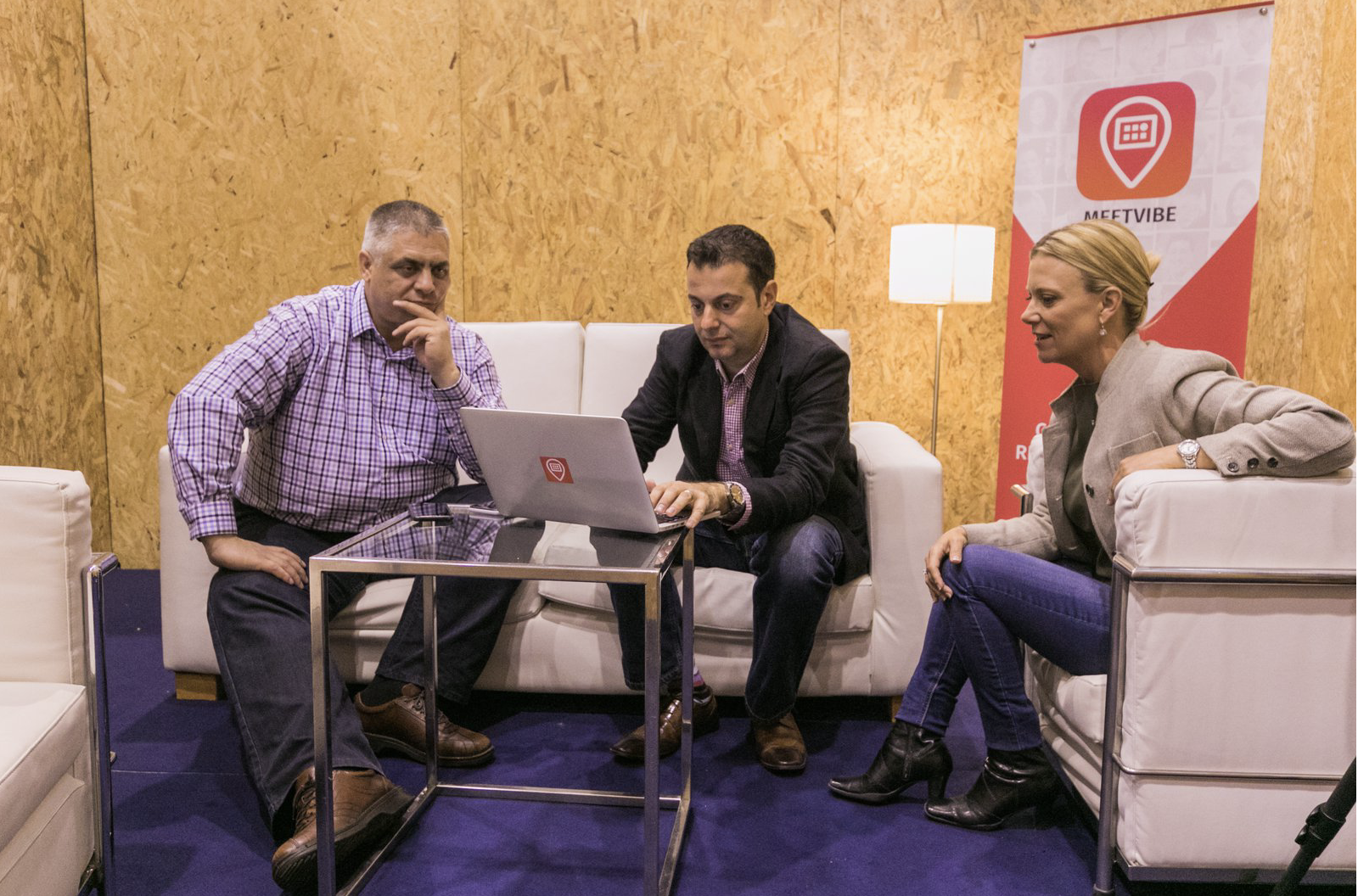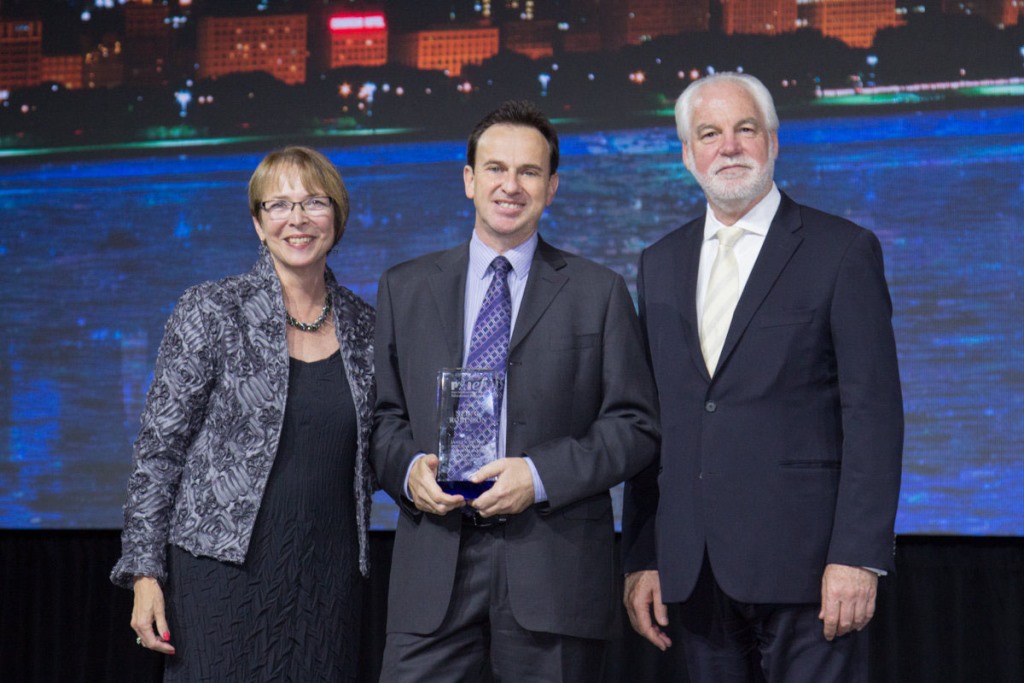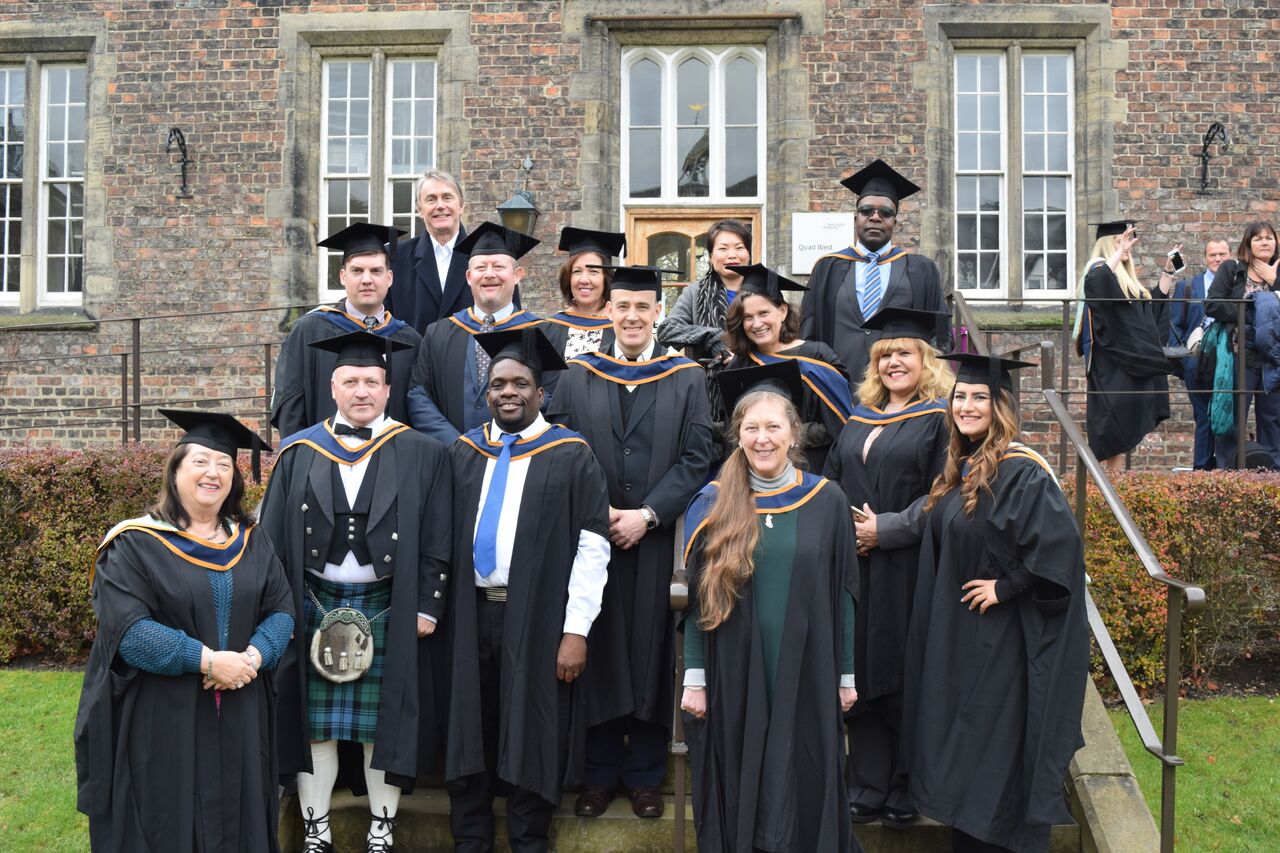
We all lead busy lives – work, family, friends, school, etc. It’s a never-ending cycle; that’s life.
One of the reasons for choosing an online programme is for the flexibility it offers. It allows you to gain new knowledge and at the same time to earn that qualification you’ve always wanted. But if not managed properly, the very reason you choose an online programme might be what comes back to haunt you.
Time management is one of the biggest challenges that an online student faces. Being able to manage one’s personal and professional life while at the same time getting the space and time to complete all the requirements of the programme – assignments, readings, live classroom sessions, etc. is a problem faced by most online students.

So while online education provides you with the flexibility of work and study, at the same time giving you the opportunity to live your life with minimum disruptions, if you don’t manage time well – putting off assignments till the last minute, not completing the required readings, unable to participate in live classroom sessions – you will inevitably fall behind and struggle to complete the course.
Balancing work-life-study is key to successfully completing an online programme.
- Plan – Students need structure. This especially holds true for online students. Make a study calendar; set aside a block of time daily to catch up on your studies, assignments, and other course requirements. Take time to understand the schedule of the module and the programme as a whole— when are assignments due? For when are the online classes scheduled? If unable to attend a live session, when will the recording be available in the archive? What are the topics covered and by when should the study of those topics be undertaken? Work them into your calendar and plan. You might find that all you have to set aside is eight to ten hours a week, and being an online student, you have the flexibility to set this time at your convenience.
- Stay Up-To-Date – Don’t cram or leave things for the last minute. If there’s an assignment on a topic, start working on it as soon as the topic is covered, and ensure that you complete the assignment at least two or three days before the due date. Take an active part in the live classroom session and on the online forums. They will help in understanding the subject matter better and allow you to incorporate your discussions with the faculty and students into your assignments.
- Log-in Daily – With advancements in mobile technology, you need not constantly sit at a computer or laptop to follow what’s happening. You can log on to the online campus from your mobile phone and check on updates posted on the forums or announcements made. It’s that simple to stay current.

- Friends and Family – Online study can be a lonely business. You tend to miss out on the classroom camaraderie and fellowship. While you do have some classroom experience with residency weeks and online live classroom sessions, you are still pretty much doing the programme on your own. Joining with friends, family, or colleagues will not only make the programme more interesting and less lonely but will also result in better time management and better understanding of the subject.
- Get ahead of the Programme – Once you have enrolled for the course, you will be given access to all the study materials and to the online library. You will also get the course schedule. If you find yourself ahead of the module being taught and if your assignments are complete, then there is nothing stopping you from getting a head start by doing some advance reading on the next module. But know that there’s a lot you can still learn on the current module from your faculty and fellow students; so keep track of discussions, forums, and classroom session.
- Take Ownership – You made the choice to study further. You chose to study online. Online study offers you flexibility, but you are not constantly reminded of your educational responsibilities as you would be in a campus environment. So hold yourself to a higher standard: complete your assignments on time, mark important programmes and course information in your calendar, and keep up to date. If you don’t understand something, reach out and ask for help. Everybody needs help from time to time.
Above all, good time management requires discipline. And developing this discipline can only come from taking ownership. This will not only hold you in good stead in successfully completing your online programme, but also in life.
Good luck, and enjoy the ride!





 My Residency….
My Residency….






